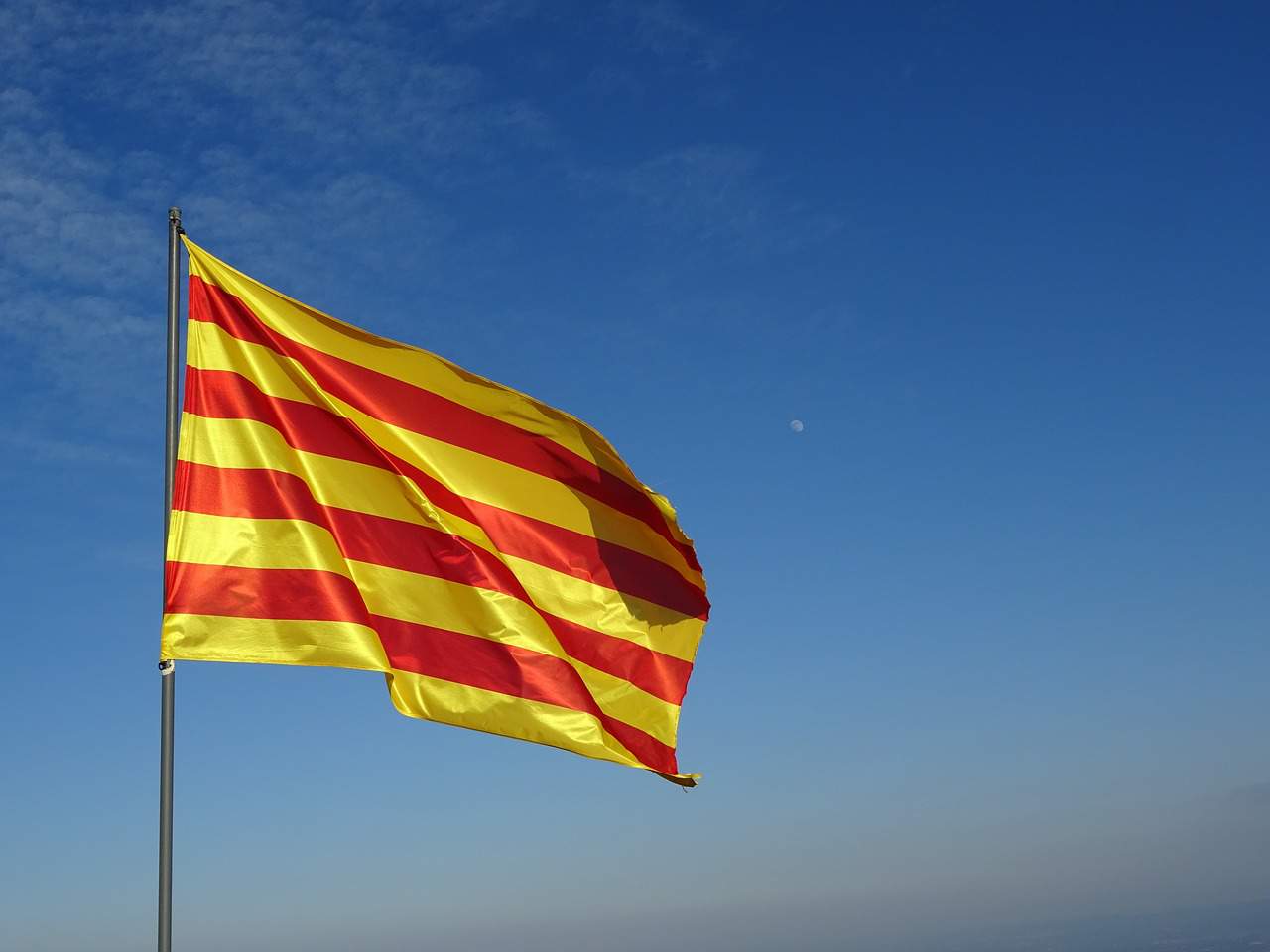Is there a solution to the Spain-Catalonia deadlock situation?
On 4 July, the Catalan Autonomous Government ceremoniously announced that they would hold an independence referendum at the beginning of October, even if Madrid opposes it. According to Catalan Provincial President, Carles Puigdemont, if a vote for independence gins a majority, an independent Catalan Republic will be proclaimed within 48 hours. The response of the Madrid government: The whole process can be shut down within 24 hours at any time. The Catalan-Spanish conflict, which has been ongoing for five years, has now reached a new level and, as they approach the moment of truth, the rhetoric of the parties is hardening, says the GLOBS Magazine.
Govern, the autonomous Catalan government, has chosen to play a game, gambling everything on one card and waiting for Madrid to make a mistake. Over the past five years they have not managed to bring the Madrid government to the negotiating table to discuss better local governmental conditions, i.e., to extract more money since the establishment of autonomy (1980). Catalonia’s strategic position, its economic significance and the current situation of the European Union, put the Catalan government in a position of strength, though Barcelona cannot abuse those trump cards indefinitely.
Even if the Govern is able to point out the viability of an independent Catalan state, under the laws of Spain and due to prohibition by the government, it still cannot obtain credit from abroad. (Pro-Independence politicians, however, argue that if Luxembourg, Liechtenstein or San Marino which are all smaller, can exist, then why not Catalonia, with its 32,108 km²?) The larger credit rating agencies are not very keen on Catalonia as they constantly rate the region in the junk or quasi-junk category (Standard & Poor’s: Ba3, Moody’s: B+, Fitch: BB) and the multinationals would extract a high price for their investment. Some years ago, the Catalan Parliament tried to ease the law on the supervision of patient data, but encountered such resistance that it dropped the issue from its agenda.
The Catalan independence process, ‘procès’, began in 2011 with Madrid and Barcelona competing for ‘EuroVegas’, i.e., Europe’s largest casino city, which is an investment in Spain by Sheldon Adelson, one of the biggest donors of the Republican Party. The casino king eventually sided with Madrid but construction did not begin there either, and that was the pretext for the offended Catalans to start the independence process on 27 September 2012. Since then, Barcelona has only, recently, reached the point of starting negotiations on the construction of BCN World, in the tender for which, due to the withdrawal of other investors, only one investor, the US, Hard Rock Entertainment, submitted a bid. The statement at the end of February by José Luis Bonet, Chairman of the Spanish Chamber of Commerce, and President of the Freixenet Cava producer, was also a sign that it is not possible, so it is not advisable to separate from the Spanish State. Although many Catalan entrepreneurs find that attractive, they do not represent the majority.
In an interview with the leading Seville newspaper in Luxembourg on 1 October 2012, at the beginning of the independence process (four days after the announcement of Mas 27 September), a former European Union Commissioner, Mme. Vivian Reding, did not consider it impossible that Brussels would recognise an independent Catalonia, though she rapidly adjusted her statement under EU pressure. Since the autumn of 2015, the EU’s official position is that if the Catalans succeed in parting from Madrid in a democratic manner, they would still need to begin accession negotiations from the start, whereas the Catalans cannot imagine leaving the EU after 31 years of EU membership. The predecessor of Sr. Puigdemont, Artur Mas, visited all the world’s major cities (New York, Moscow, Singapore, Berlin, Brussels, Paris, etc.) in vain, as he was unable to meet even one major or influential politician. The Catalan foreign affairs ministry is defying the ever-growing resentment in Madrid and is opening foreign representations; this year planning 17 embassies in addition to the seven existing ones.
What can Madrid do? According to an El País’s analysis, the right-wing Madrid government and even the socialist politicians, increasingly refer to Article 155 of the Spanish Constitution (which refers to the quasi-suspension of the autonomy of certain parts of the country), though that is not sufficiently precise. Indeed, in 1978, the seven constitutional lawyers were unable to imagine that a government in office would ever have to consider its application at any time. For five years, the Spanish and Catalan judicial bodies have been attacking the decisions made in Barcelona that are contrary to the Constitution, while the Catalan Independence camp continues to test the limits. For example, if Madrid does not accept migrants with open arms, Barcelona organises a demonstration proclaiming that they need the migrants and that they should come in as great a number as possible.
Spanish history is scattered with conflicts old and new, which could (and should) only be settled peacefully and through negotiation. Consequently, as in 1978, a consensual amendment to the Constitution would be welcome, even if it were a complicated and risky solution.
If you would like to read more interesting articles on GLOBS Magazine, please click HERE
or you can buy online The GLOBS Magazine on DigitalStand
Source: by Tamás SOBIESKI/GLOBS Magazine
please make a donation here
Hot news
What happened today in Hungary – 26 July, 2024
Drama: number of births in a 20-year low in Hungary
Yay or nay? – 6 odd Hungarian delicacies that make our skin crawl
Budapest tourism “exploded” this past weekend
Container transport in Budapest may stop: How will this affect Hungarian economy?
Minister: Hungary will protect its territory by every means possible




